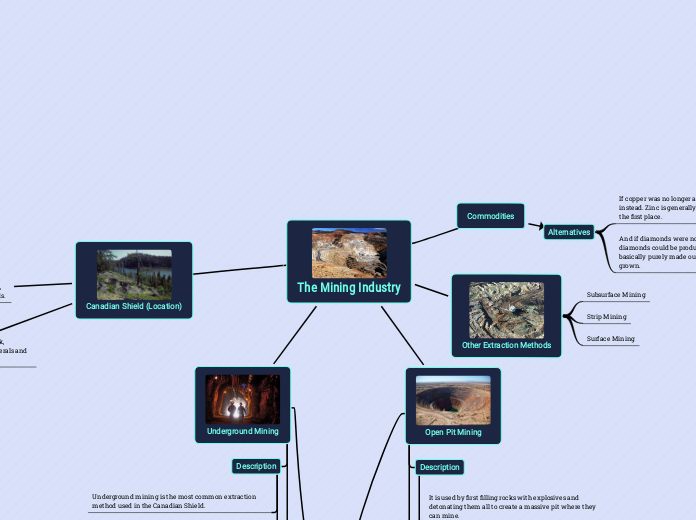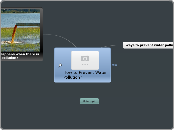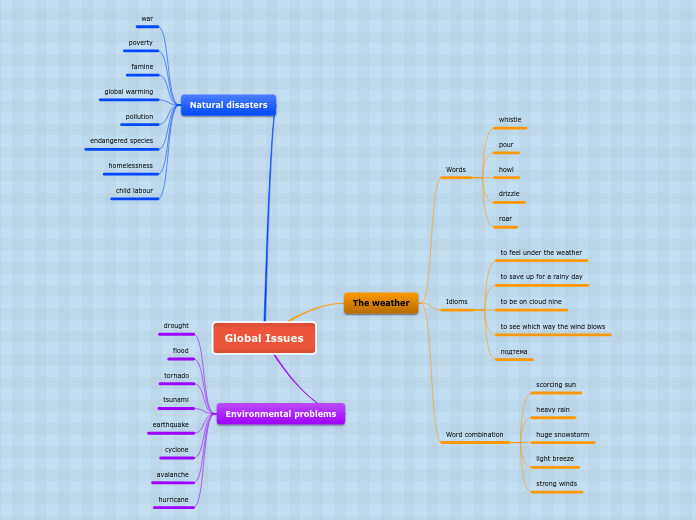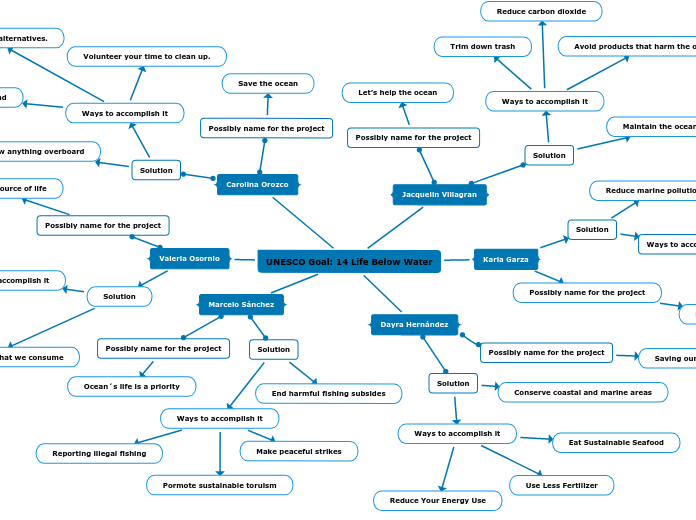by Lucas Pattinson [Student] 3 years ago
258
The Mining Industry
Underground mining is considered more environmentally sustainable compared to open pit mining due to its reduced surface disruption and controlled debris management. Open pit mining often leads to significant habitat destruction and extensive pollution of land, water, and air due to the initial blasts and subsequent debris.









